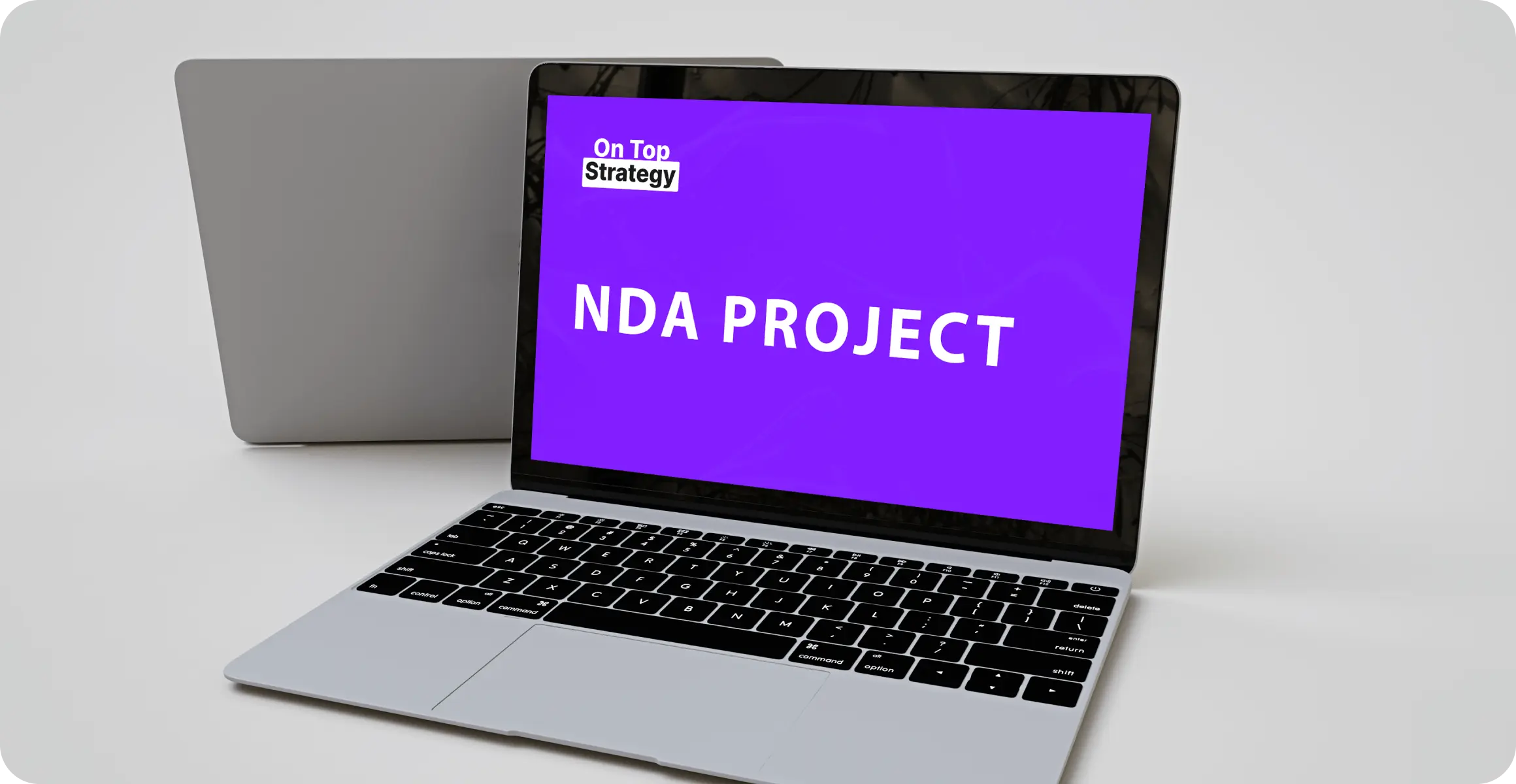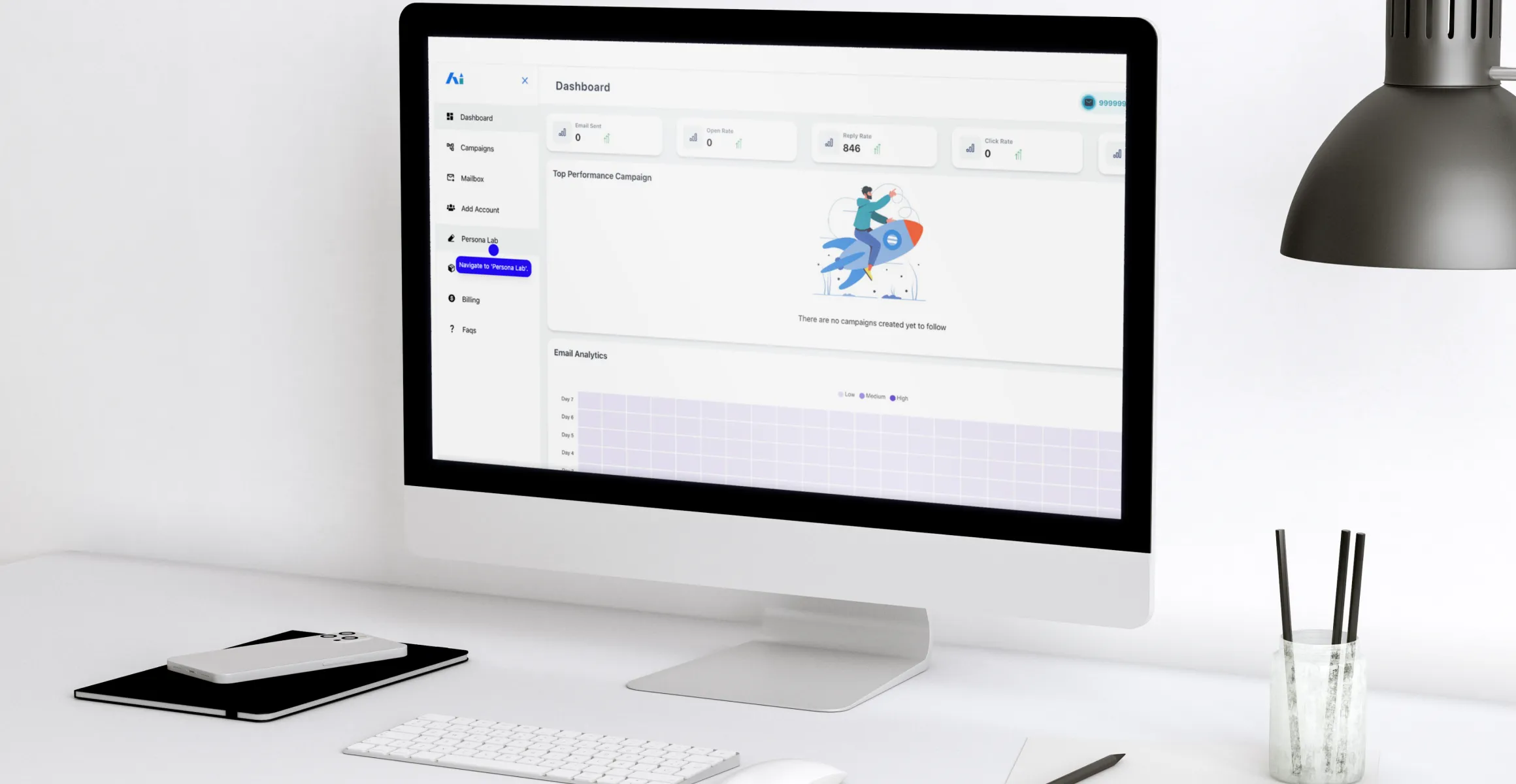Elevating Client’s Global Recognition with a Cohesive Brand Strategy

NDA
A hardware startup
-
/ 01
Challenge
NDA client’s business model is two-fold – one aspect involves direct sales to consumers on their website, and the other – strategic licensing partnerships. As a hardware startup, scaling the company globally turned out to challenging due to various governmental regulations and cultural differences in different countries. Consequently, the founders decided to offer licensing deals to companies in the countries, where the mosquito problem is substantial and requires immediate attention.
While this business model would allow the company to saturate the global market at a faster pace, the client was concerned about maintaining brand uniformity and ensuring the product consistency and quality expected from their licensing partners.

-
/ 02
Solution
Our recognized the issue of brand inconsistency among client’s licensors, primarily due to sporadic requirements and guidelines across multiple documents and files, which made it difficult for partners to understand all the branding guidelines they needed to follow.
The solution was clear – making it easier for licensors to understand the branding guidelines was essential for ensuring adherence. Our team created a unified and comprehensive brand book that included all branding materials, branding messages, and the brand guidelines we expected them to follow. This brand book contained all the files, visuals, and production materials linked within, making it extremely easy for partners to access any materials and better understand their expectations as Mosqitter’s licensing partners.
The new brand book reduced branding-related email inquiries to the client’s team by 75%, allowing them to increase efficiency and prioritize more pressing topics. Once the unified playbook was created, licensing partners had no issues finding the necessary branding assets or following the guidelines.

-
Outcome
The new brand book reduced branding-related email inquiries to the client’s operation team by 75%, allowing them to increase efficiency and prioritize more pressing topics. Once the unified playbook was created, licensing partners had no issues finding the necessary branding assets or following the guidelines.



